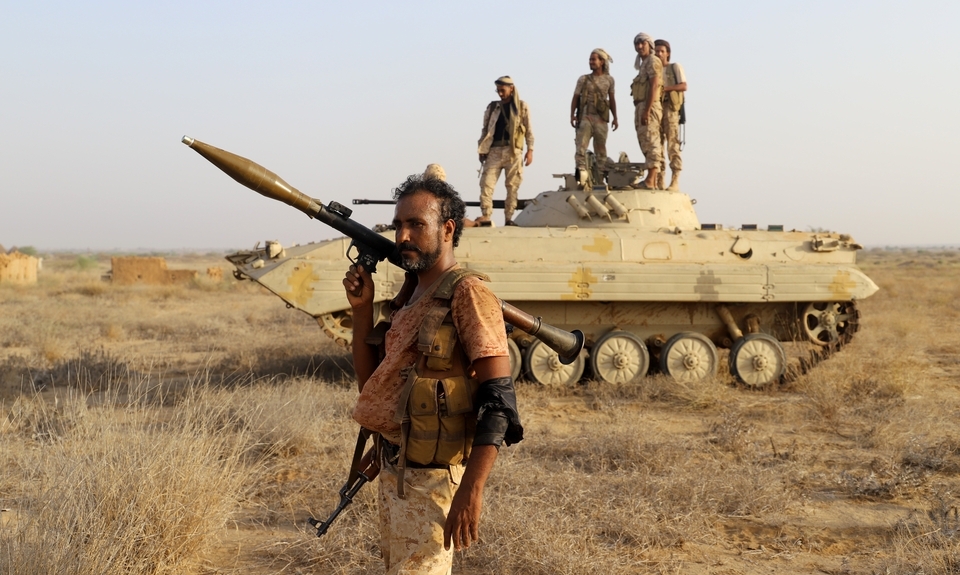Do states still go to war?

Each month, Frédéric Munier, Director of the School of Geopolitics for Business at SKEMA Business School, publishes a column in the magazine Pour l’Éco. Given the current Russian attack on Ukraine, the question he raises this month may sound like a trivial one. And yet the nature of belligerents has changed radically, because the nature of war has changed.
The conflict in Ukraine has been in the news constantly since February 2022. Images of soldiers, missile strikes and fighting on the front reinforce the idea of war as we commonly imagine it: a fight between rival nations “to compel our opponent to do our will” (Clausewitz). But the focus on Ukraine is preventing us from noticing a deep-rooted change.
War, a sovereign preserve, has been described as “continuation of politics by other means” (Clausewitz again). And yet, wars between states have almost completely disappeared! In 2022 for example, there were 182 recognised conflicts in the world. Only three of them were between states: Saudi Arabia and Yemen, Armenia and Azerbaijan, and of course Russia and Ukraine. That left almost 180 conflicts either between a state and domestic or foreign armed groups, or between different armed groups, or otherwise between armed groups and civilians. In other words, most wars are now fought by private entities. What has happened?
The war, change of state
In his book “Nouvelles Guerres” (New Wars), co-written with Dominique Vidal, political scientist Bertrand Badie offers an answer to this question by highlighting a startling paradox: whereas wars were previously an expression of the power of a state (Germany during the two world wars, for example), today they are a result of its decomposition.
Read also: Why we go to war
Wherever states are in crisis, and in particular all along an arc from Mali to Afghanistan, war spreads. In each case, the weakening of the state has led to unending civil wars, with civilians bearing the brunt of the human cost. In other words, wars of power have become wars of weakness, and clashes between states have become clashes between societies.
A new era
As Badie points out, the reason confrontations have become less military is that they are now fuelled not by a spirit of conquest but by social distress: poverty, hunger and crime. That is why they primarily affect countries in the Global South.
In these situations, attempts by Northern countries to restore order are doomed to failure because behind the enemies and the armed gangs lies an entire society that needs repairing. On a more general level, we have entered a new era.
States in both the South and the North are seeing their civil societies grow in influence. This affects the states and is one of the factors determining the way they act. Looking at the Arab Spring, protests in Iran and demonstrations by farmers in Europe in 2024, we can ask whether traditional wars are a thing of the past. It is too early to say. But one thing is for sure: states are no longer the only belligerents.



